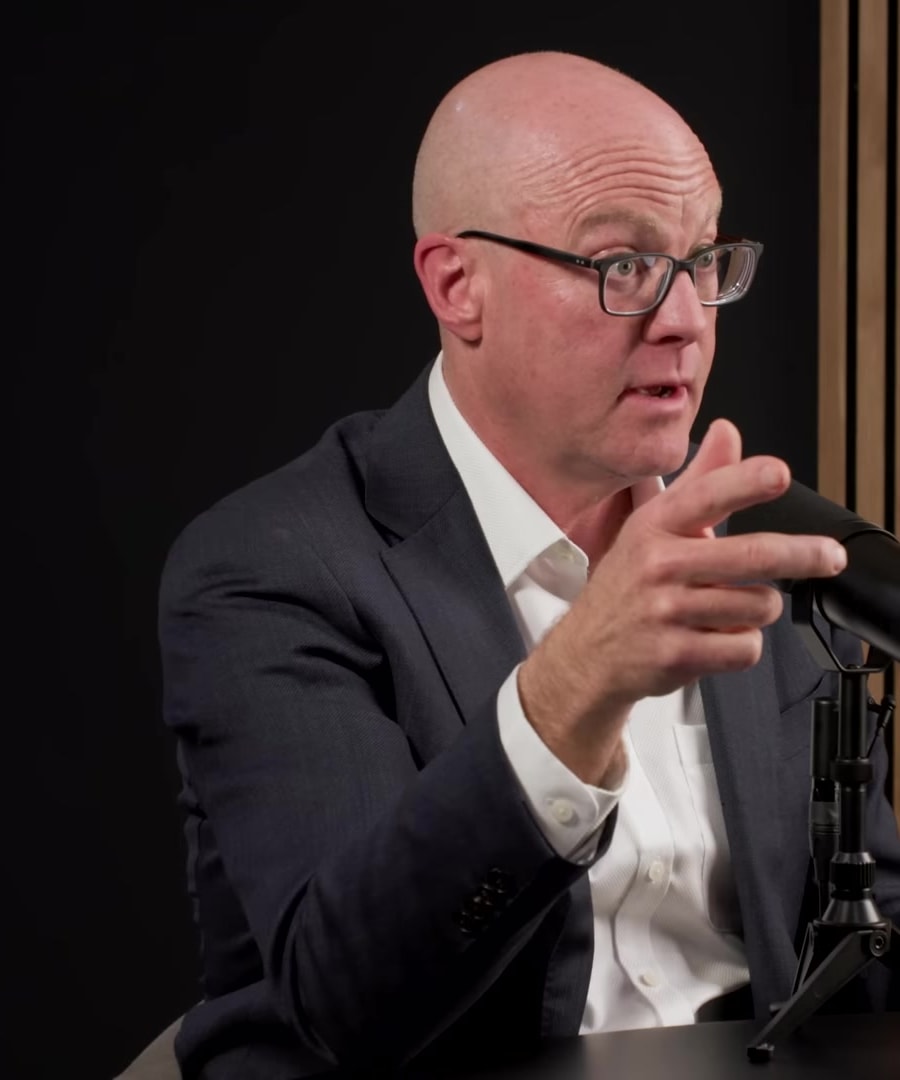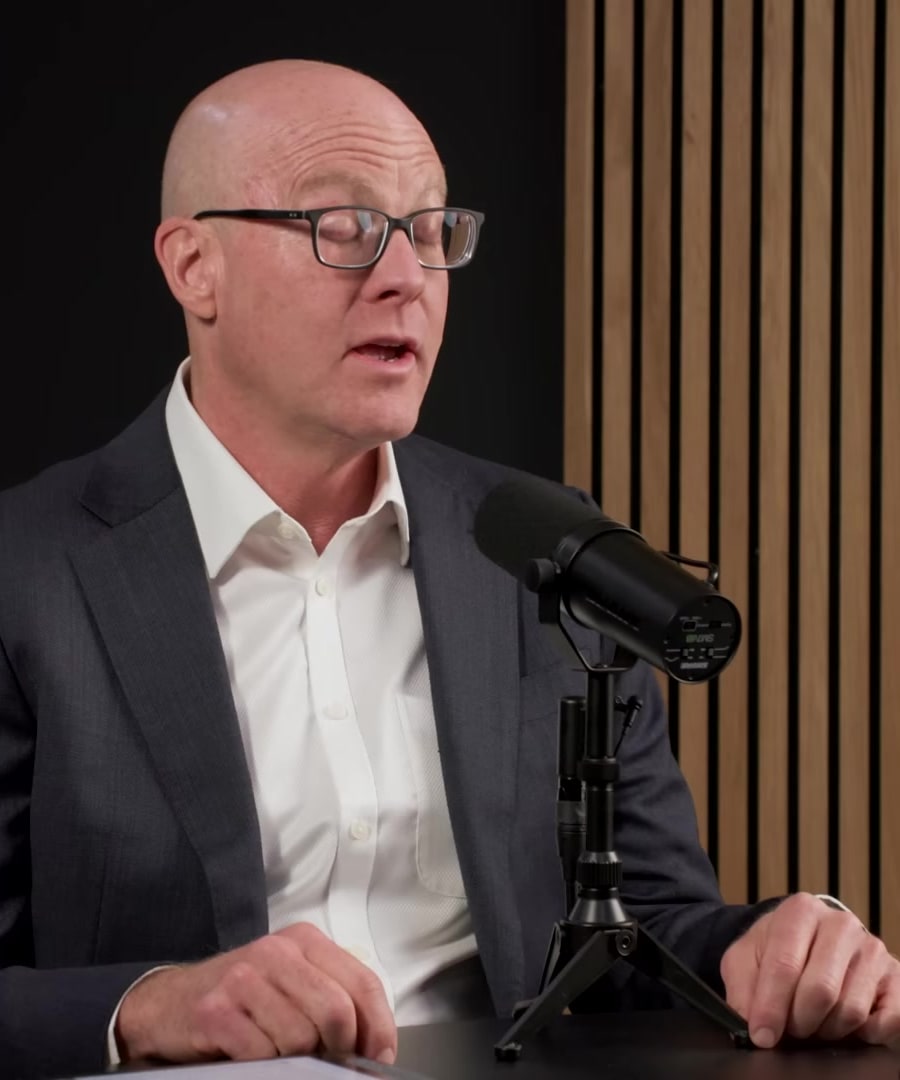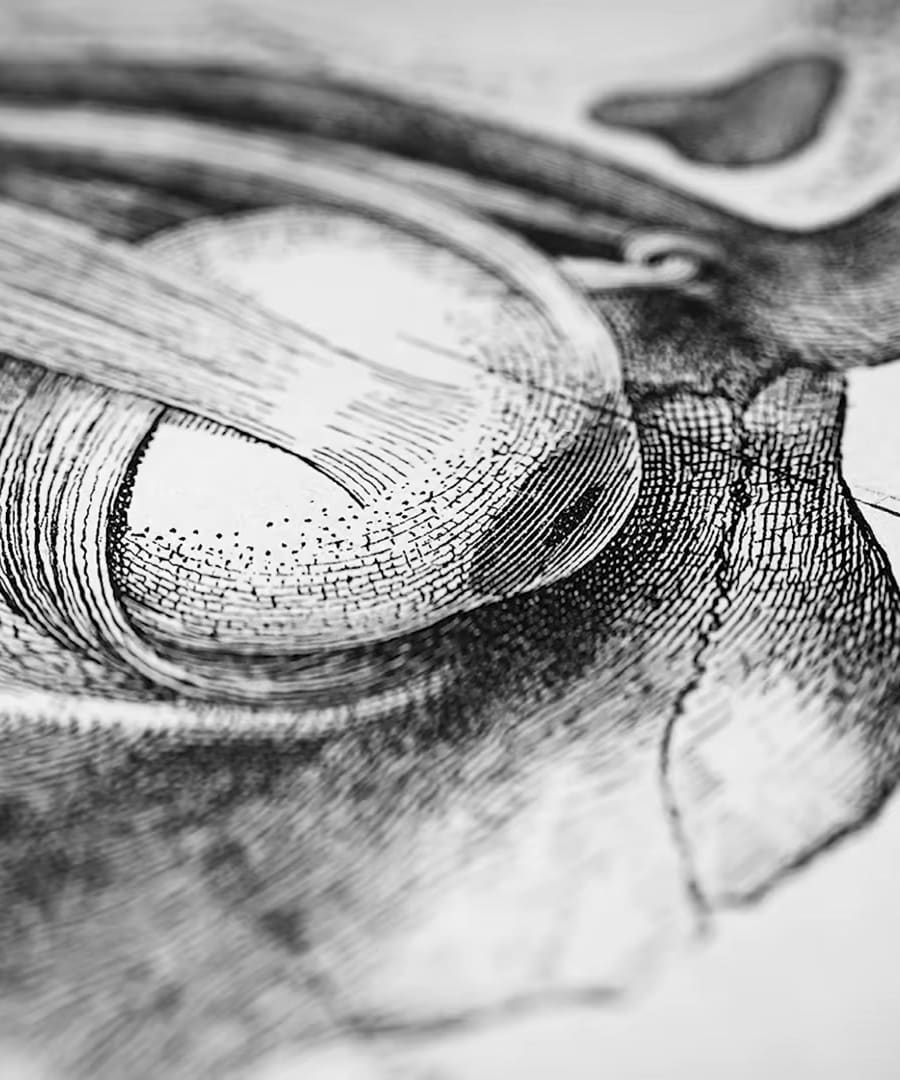polymyalgia rheumatica
Sources:
It seems that there is no directly relevant information on polymyalgia rheumatica in the retrieved data. The clips reference other conditions and topics such as fibromyalgia, inflammation, and spinal health. However, understanding these can sometimes be related or provide adjacent insights into managing chronic pain and inflammation.
If you need more general information on polymyalgia rheumatica, or advice on chronic pain management strategies, it might be helpful to look into broader episodes or publications. While hasn't specifically discussed polymyalgia rheumatica, his insights on related topics can sometimes offer valuable context.
RELATED QUESTIONSWhat other topics related to chronic pain are covered?
Sources:
The Huberman Lab Podcast covers several important topics related to chronic pain management. Here are some key insights:
-
Heat vs. Ice for Pain Management:
- Heat is generally more beneficial than ice for pain management. Cooling can increase pain in the long term due to a rebound effect, making neurons hyperactive after they warm back up. Chronic pain often results from improper neuronal plasticity 1.
-
Mindfulness and Cognitive Reframing:
- Techniques like mindfulness-based stress reduction (MBSR) and cognitive behavioral therapy (CBT) can be effective. These approaches focus on accepting pain without judgment and reframing the meaning of pain to reduce its emotional impact 2.
-
Understanding Pain:
- Pain is a complex experience that starts with nociception (sensing stimuli) but is shaped by our brain's emotions, cognitions, and memories. This distinction explains why different people experience and perceive pain differently 3.
-
Red Light Therapy:
- Emerging therapies like red light therapy may benefit conditions like fibromyalgia, a chronic pain syndrome. While data are mixed, systemic red light therapy or natural sunlight exposure might help alleviate whole-body pain 4.
-
Behavioral, Psychological, and Nutritional Tools:
- There are diverse methods for pain reduction, including behavioral tools (like distraction or sufficient sleep), psychological support, nutritional adjustments, and specific supplements. Heat and cold therapy also play roles, with nuanced recommendations for their use 5.
If you want to explore these discussions further, consider listening to episodes like "Control Pain & Heal Faster with Your Brain" or "Dr. Sean Mackey: Tools to Reduce & Manage Pain" .
RELATED QUESTIONS-
Can you explain the inflammation process?
Sources:
Inflammation is an intricate biological response that plays a crucial role in our body's defense mechanisms. Here's an overview of the inflammation process based on 's discussions on the :
-
Definition and Triggers:
- Inflammation is a signaling process involving various cells and molecules. It can be triggered by the presence of a foreign object, local toxins, or systemic factors. When a tissue becomes inflamed, it releases molecules called cytokines, which signal the presence of a problem to the rest of the body 1.
-
Types of Inflammatory Molecules:
- Inflammatory cytokines like interleukin-1 (IL-1), interleukin-6 (IL-6), and tumor necrosis factor-alpha (TNF-α) are key players. These cytokines emit "help me" signals, attracting immune cells like neutrophils, macrophages, and natural killer cells to the site of injury or infection 2.
-
Role of the Immune System:
- The innate immune system kicks in immediately upon injury or infection, utilizing proteins (e.g., complement proteins) that tag invaders with an "eat me" signal while the cytokines call out for immune cell support. This dual signaling system helps coordinate an effective immune response 2.
-
Inflammation's Biological Role:
- Inflammation is crucial for wound healing and defending against infections. However, chronic inflammation or excessive inflammatory responses can be detrimental. For example, while inflammation can help manage injuries, using anti-inflammatory drugs (NSAIDs) excessively might delay natural healing processes by blocking essential prostaglandins required for tissue repair 3.
-
Impact on Health Conditions:
- Prolonged or unchecked inflammation contributes to various health issues, including chronic pain, skin conditions, and even psychological disorders like depression. Inflammation can cause the release of cytokines and other molecules that exacerbate these conditions by affecting different body systems 4.
Understanding the inflammation process helps in developing strategies to manage it effectively, whether through lifestyle adjustments, medications, or therapies that balance inflammation's beneficial and harmful effects.
RELATED QUESTIONS-
polymyalgia rheumatica
- RELATED QUESTIONS
What other topics related to chronic pain are covered?
- RELATED QUESTIONS
Can you explain the inflammation process?
- RELATED QUESTIONS








